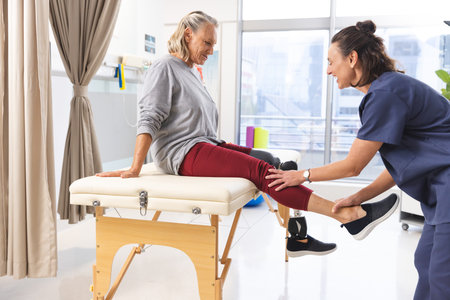Early Signs of Developmental Delay and Assessment Pathways in the UK
Understanding Early Developmental MilestonesWhen it comes to supporting children’s growth, recognising the early signs of developmental delay starts with understanding what is typically expected at different ages. In the UK, nurseries and reception settings play a pivotal role in this process. Children are generally observed across key areas such as communication and language, physical development,…









